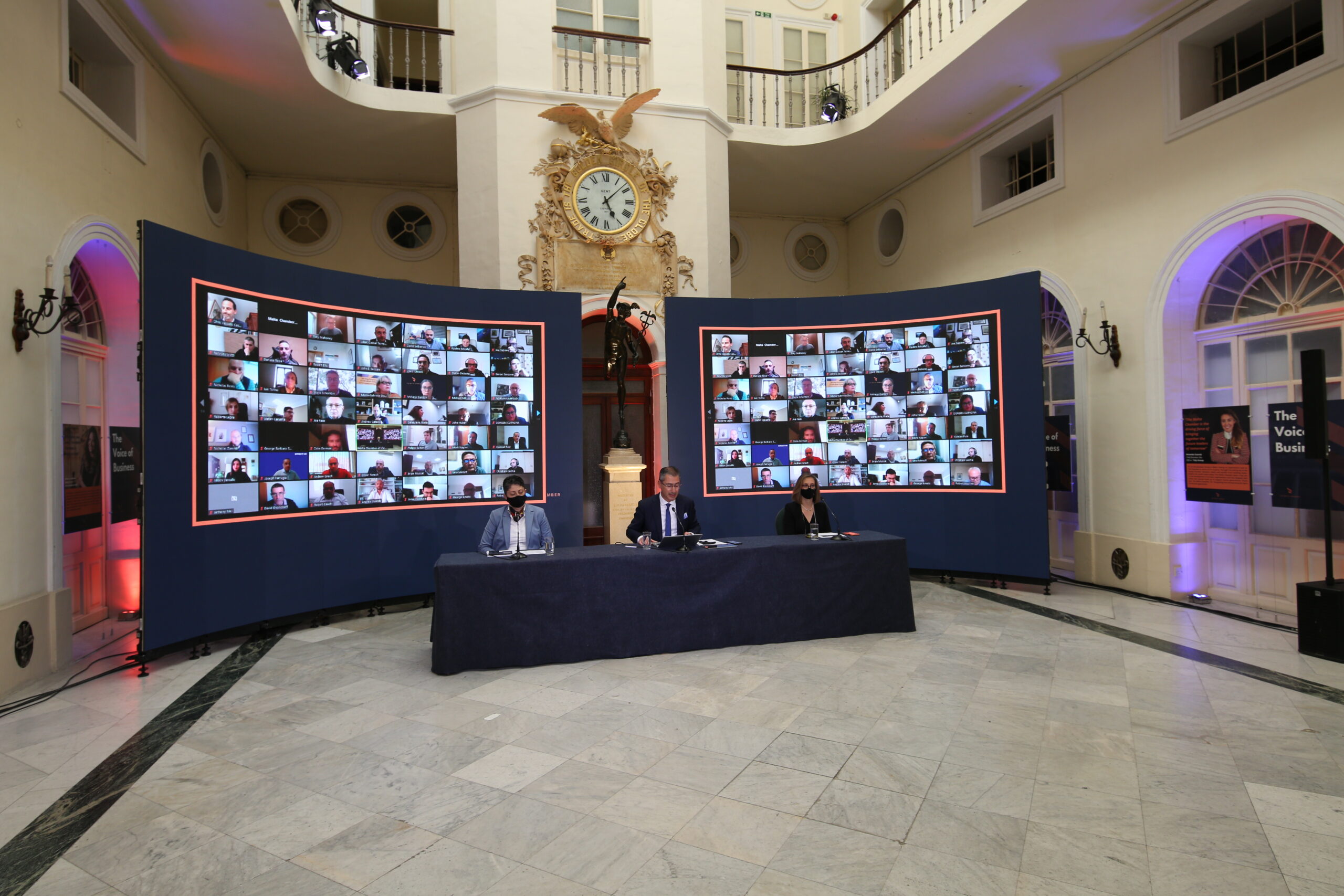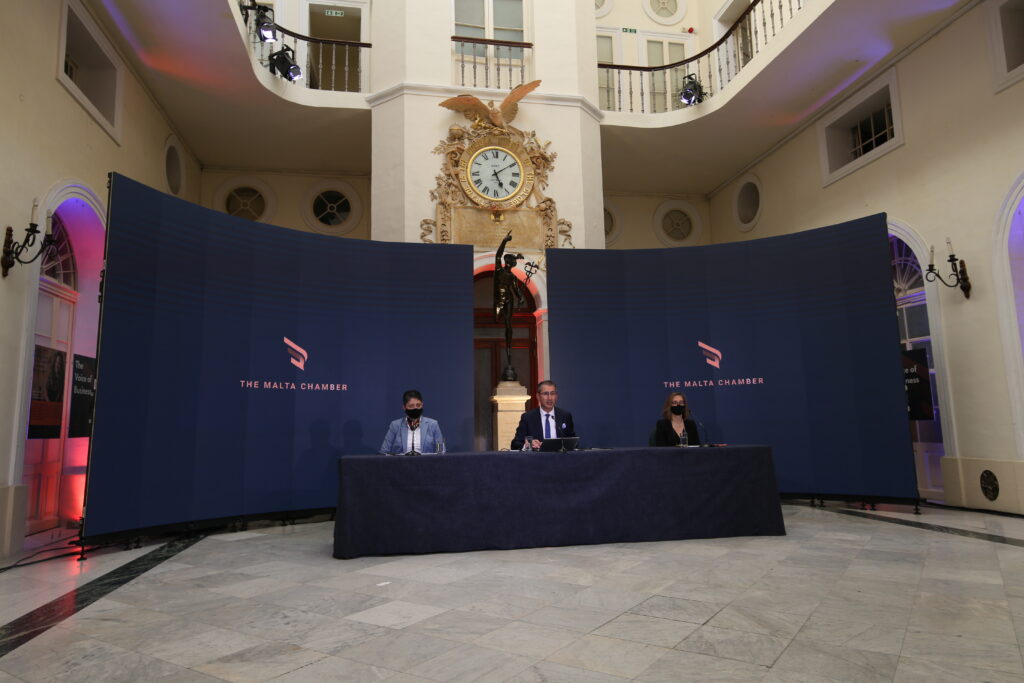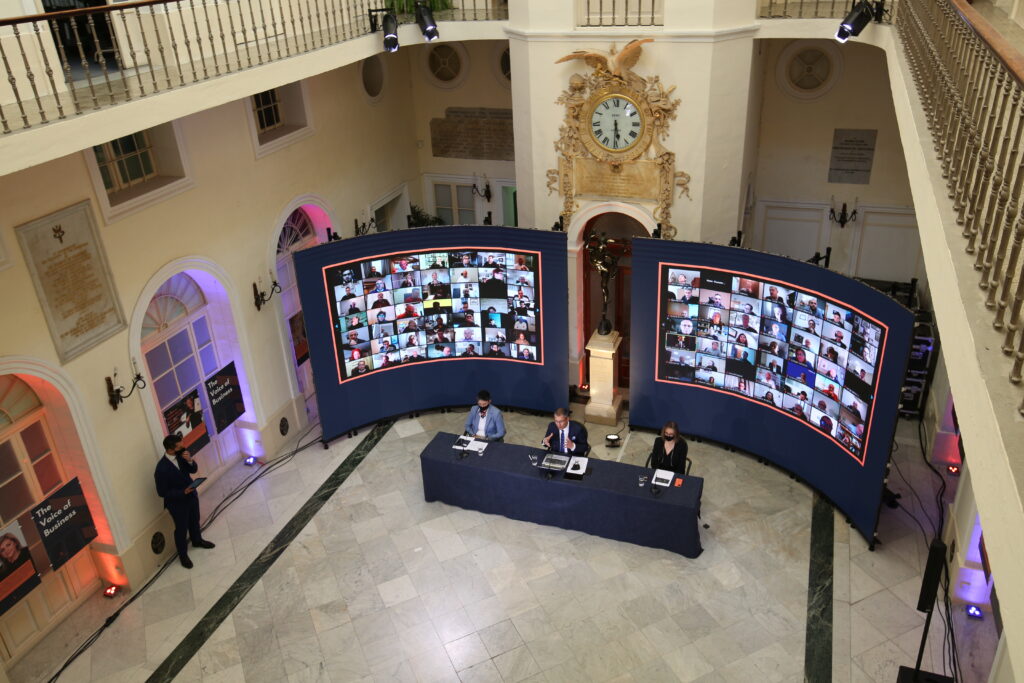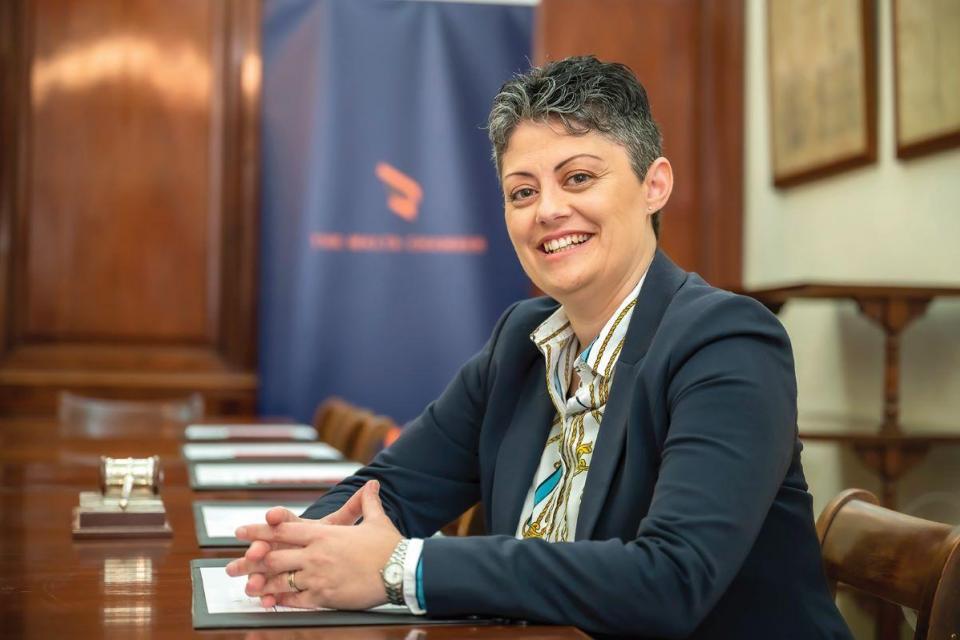We are in a race against time to achieve herd immunity against Covid-19 through vaccination. As the vaccine roll-out progresses, employers will be faced with new challenges.
In the first phase of the roll-out, priority was given to frontliners in addition to the elderly and the vulnerable. Vaccine uptake among frontliners was high, not least because these are workers who have witnessed loss of life due to Covid-19 and are fully cognisant of the risks of refusing vaccination. People who have not experienced loss or serious illness due to Covid-19 are more likely to underestimate the risks and hence be more hesitant about getting vaccinated.
While remote working has provided many employers and employees with new possibilities, there are many jobs that do not lend themselves to remote working, and many workplaces where it is impossible for employers to provide alternative working arrangements for employees who refuse to be vaccinated or are unable to do so for health reasons. Employers will find themselves caught between their responsibility to provide a safe environment for employees and customers alike, and their inability to oblige those who refuse vaccination to comply. While Covid-19 has highlighted the importance of trust in employer-employee relationships, this is a two-way street that depends greatly on the disposition of employees to cooperate. Due to GDPR provisions, employers are unable to ascertain where refusal of vaccination is capricious or otherwise, and the right to know whether an employee has been vaccinated or not rests loosely on the health and safety obligations of the employer. In cases where fulfilment of duties requires travel, refusal of vaccination will have even more serious implications for the employer.
Employers therefore need all the support they can get in achieving herd immunity within their organisations. This requires provisions such as vaccination certificates that will enable employers to request proof of vaccination. There also need to be legal provisions to enable employers to include vaccination as a prerequisite for employment of new recruits in sensitive work environments; to mandate alternative work arrangements for employees who are not vaccinated; to redeploy employees whose job involves contact with vulnerable people or travelling abroad; to require frequent testing of employees who are not vaccinated; and to terminate employment where there is lack of compliance to risk mitigation measures. A Spanish court recently upheld an employee’s summary dismissal for refusing to wear her mask appropriately, ruling that the employer was able to impose an obligation on its employees to wear masks for health and safety reasons, and that the individual’s refusal to comply justified a summary dismissal.
Practices such as vaccination pre-employment, redeployment of unvaccinated workers, and frequent testing of employees have become the norm in frontliner work environments, and are justified on the grounds of frequent contact with vulnerable people. But with the progression of the vaccine roll-out, the new vulnerable will become those who cannot be vaccinated for health reasons, and the obligation to protect these people will shift to employers, particularly those who, by the very nature of their operations, cannot provide remote working arrangements. In this spirit, it is pertinent to prioritise the vaccination of employees who cannot work from home.
Employment-driven prioritisation has so far been implemented in frontliner work environments, educational institutions and selected public entities deemed to be providing an essential service. Prioritisation of private sector workers who cannot work from home will require close collaboration between the health authorities and private sector employers. It is administratively more challenging and hence needs to be facilitated by employer and employee representatives. Initiatives such as workplace vaccination centres would make it easier for employees to get vaccinated, and company doctors could assist in administering vaccines to get more people vaccinated within a short timeframe. Such strategies would contribute to a more effective roll-out, as workplaces have been consistently the second most common source of contagion after household contacts.
The degree to which we can effectively address the need for prioritised vaccination of employees who cannot work from home, and support employers in implementing risk mitigation measures related to vaccination and testing, will determine to which extent we can keep case numbers low and maximise the productive capacity of the country while working towards the attainment of herd immunity.
This ‘Opinion Piece’ was also featured on The Times of Malta







